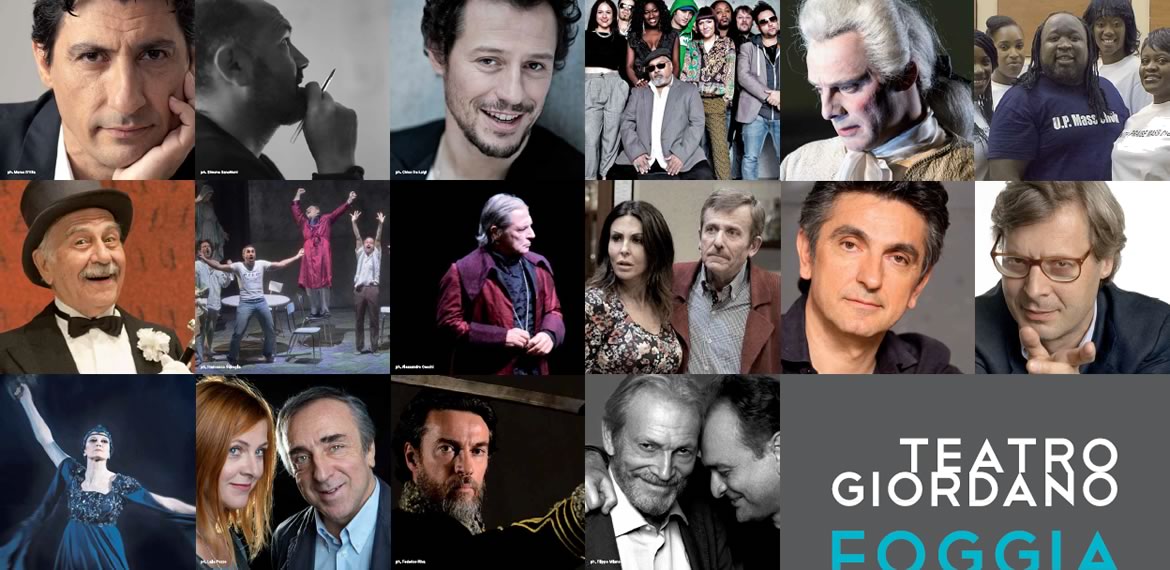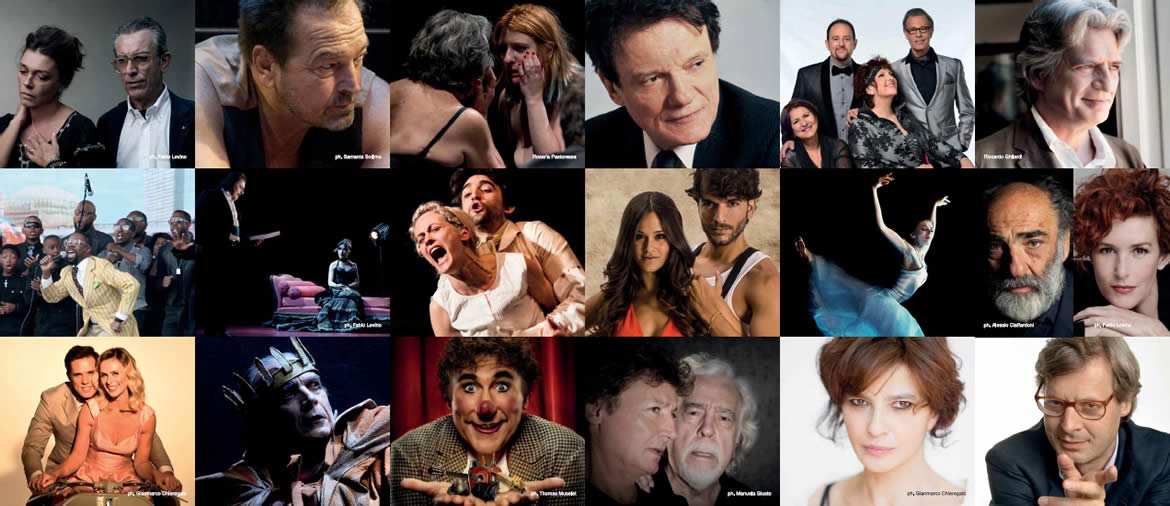“Diversamente orchestrabili” - Different abilities on stage
Umberto Giordano Theatre is pleased to launch, in cooperation with the local Association “Note a Margine”, the project entitled “Diversamente orchestrabili - Different abilities on stage”. What is it about? In short, orchestras entirely composed by people with physical, mental or sensory disease, people affected by psychiatric problems, children and elderly, young people in a difficult social condition and many others that can be labeled as people in a social marginalization, will have the chance to play on the stage of the Umberto Giordano Theatre. Music will overcome every barrier, through the Theater.
The Association “Note a margine”: gets the gist.
The Association “Note a margine” proposes a revolutionary method to claim the right of people withsocial difficulties to be treated as everyone else, starting by considering their own need to find a place where this right, daily denied by society, can be exerted.
The Association’s methods and activities are inspired by solidarity values. Without any politically influence and not profit oriented. It provides facilities in social, welfare, education and training field aiming at easily including people with physical, mental or sensory disease in the society, as well as people affected by psychiatric problems children and elderly, young people in a difficult social condition and many others that can be labeled as people in a social marginalization. The Association’s method is based on the application of the so called “Esagramma”, anover thirty years old method which consists in using musical experience for stimulating and developing psychic, mental and emotional elements.
The Association’s philosophy is: the more acute is the social and cultural difficulty for being included in the society, the higher must the quality of rehabilitation environment be, in terms of professional and human skills. Why music should be chosen as a rehabilitative tool? Which are its actual impacts?
According to S. Moreno and G. Shellenberg of Toronto York University, there is evidence that studying music has a positive impact on mind, although IQ keeps more or less stable during the lifetime. Specifically, music helps to develop mind executive functions, such as actions planning, problem solving, selective attention, concentration, memory and controlling impulsiveness. These are all functions to be improved by practice, which can impact on brain quickness, accuracy and efficiency.
Besides, according to other analysis, music is confirmedto helps people organizingthoughts and improvinglanguage, math and spatialskills, as it is proved that musical intelligence has a positive impact on developing emotional, spiritual and cultural levels more than other intelligences. “Note a Margine” means to give this kind of chances, assuming anthropological approach that music is a universal behavioral model which is a part of personality: that’s why possible therapeutic applications of music are very important.
Individuals with disabilities need to "balance" some of their deficits, especially relational ones, and music, and especially the orchestral work, is particularly appropriate for the purpose. Indeed, the orchestra is both a social group and a value for individuals within the group, it is sensory-motor skill, it is gesture and it is resonance.
That’s why, for thirty years, the Association “Note a Margine” is practicing the famous so called “Esagramma” method, a rehabilitation treatment applied to teenagers with medium and acute disabilities. They are not selected on the base of their medical records or musical attitude, but taking into account their relationship capability, their music approach and their potential capability to learn music.
This psycho-pedagogical jobis tailored for each person involved. Each person, assisted by a professional educator stimulating his/her experimentation, is free to choose the musical instrument thats/he feels more comfortable with, considering his/her physical and mental capacities. Nothing is extemporary or random. Meetings with the kids are well plannedin details, starting from the room fitting, until the lesson, the snacks and the conclusion of the experience. “Esagramma” method consists of four years basic program and foresees different goals for each year.
Each educational team member must be versatile. Educators must have a basic acknowledgement aboutevery single musical instrument and about tune techniques, sound, orchestral behavior.
On the contrary, musicians involved in the project are required to know their own musical instrument, to have a normal educational - pedagogical skill, and to balance students’ potential capabilities with the performance’s difficulty degree.
By the interaction among different worlds, something unheard can see the light: a new discovery allowing us to love music even more.















